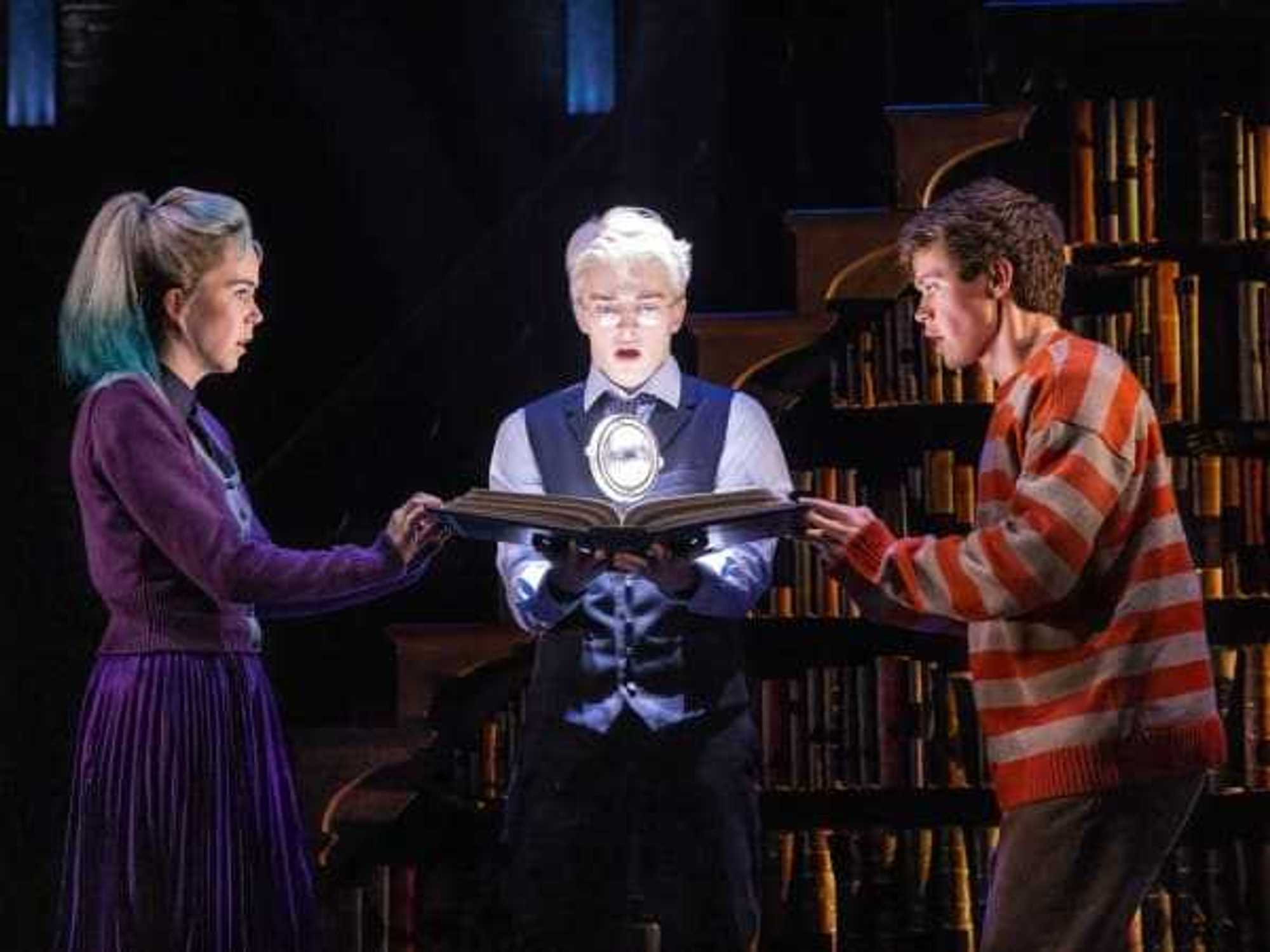Please Drive Responsibly
The Omni hotel becomes the city's largest canvas at Dallas VideoFest's ExpandedCinema
 The lit-up Omni Dallas hotel is a familiar site driving into town. September 26,Bart Weiss intends to use it as a canvas to kick off VideoFest 25.Photo by Jerry McClure
The lit-up Omni Dallas hotel is a familiar site driving into town. September 26,Bart Weiss intends to use it as a canvas to kick off VideoFest 25.Photo by Jerry McClure Featured works in Extended Cinema include (from top) Michael Alexander Morris,Monument for Juanita: Candy is the Sun, 2:45 min.; Shane Mecklenburger, OMNEY, 4min.; Andrea Goldman, Stop. Collaborate. Listen., 3:07 min.
Featured works in Extended Cinema include (from top) Michael Alexander Morris,Monument for Juanita: Candy is the Sun, 2:45 min.; Shane Mecklenburger, OMNEY, 4min.; Andrea Goldman, Stop. Collaborate. Listen., 3:07 min. A test run the night before the exhibition.Photo by Jerry McClure
A test run the night before the exhibition.Photo by Jerry McClure
For 25 years, the Dallas VideoFest has built a solid reputation for straddling the line between art and technology. After all, forward-thinking founder/director Bart Weiss has embraced innovation from the very first festival in 1987, exploring HDTV, virtual reality and CD-ROMs years before they entered the average filmgoer’s vernacular.
For its silver anniversary, Weiss is bringing videos out of the screening room and onto the walls of the Omni Dallas, a space he calls “the largest canvas in Dallas.” Including works by 14 artists selected by Weiss, Michael A. Morris and show coordinator/compiler Carolyn Sortor, the pieces in Expanded Cinema are diverse in their approach. Only the artists’ connection to Texas ties the works together.
“I’ve always been into bringing art into nontraditional environments,” says Weiss, who showcased video works at such iconic ’80s clubs as On the Air and the Video Bar. “I live in Oak Cliff, so when I drive at night into the city, I see the Omni, and it struck me we should do something about [the space].”
The founders hope that — barring potential traffic accidents — Expanded Cinema will live on, transforming the Omni Dallas hotel’s façade into a continuous canvas for Dallas art.
Fortuitously, a member of Weiss’ board had a connection with the hotel, and the idea for Expanded Cinema was born. Named after a seminal text by new media art theorist Gene Youngblood, the event highlights video’s potential as a fine art medium and will serve as a splashy kickoff to the 25th VideoFest.
Artists were confined by the curvature of the Omni and limited amount of pixels used in the hotel’s display, but the restrictions presented by the space resulted in some works gaining an extra, unintended meaning.
You’ll Forget Everything, Soon from Mona Kasra, featuring a couple in discussion, wrapped the walls in such a way that the duo were no longer looking at each other but facing in the same direction. Rebecca Carter and Mark Collop’s The Eyeballs From Outer Space/Strangers in the Night's sea of surreal cat eyes poses the question of who is the alien in the landscape: the viewers outside or the visitors watching from inside the Omni?
“Some of the issues raised by the platform are seeing and being seen. What happens when you transfer objects on a large display?” asks Carolyn Sortor, who also has a work in Cinema. “It looks very simple, but the way the images are chosen and displayed raises all these different questions for the viewer.”
Although the installation appears on the Omni only on Wednesday, September 26, at 8 pm sharp, the founders hope that — barring potential traffic accidents — Expanded Cinema will live on, transforming the hotel’s façade into a continuous canvas for Dallas art.
“If it goes as well as we think it will, we’ll sit down and have a meeting to see what we can do next,” says Weiss. “What we’re doing here is pointing to the next generation of architecture — it’s a place artists and others can put messages and communication for all to see. It’s a big conceptual leap for us.”
Expanded Cinema airs September 26 at 8 pm on the exterior of the Omni Dallas, with an audio simulcast on public radio KXT 91.7 FM. The official/unofficial public viewing location is an empty field at Colorado Avenue and Jefferson Boulevard, and patrons are encouraged to wear practical shoes and bring flashlights, radios and armchairs. Please avoid accidents by stopping and parking to watch the show. The Dallas VideoFest runs September 27-30 at the Dallas Museum of Art.
